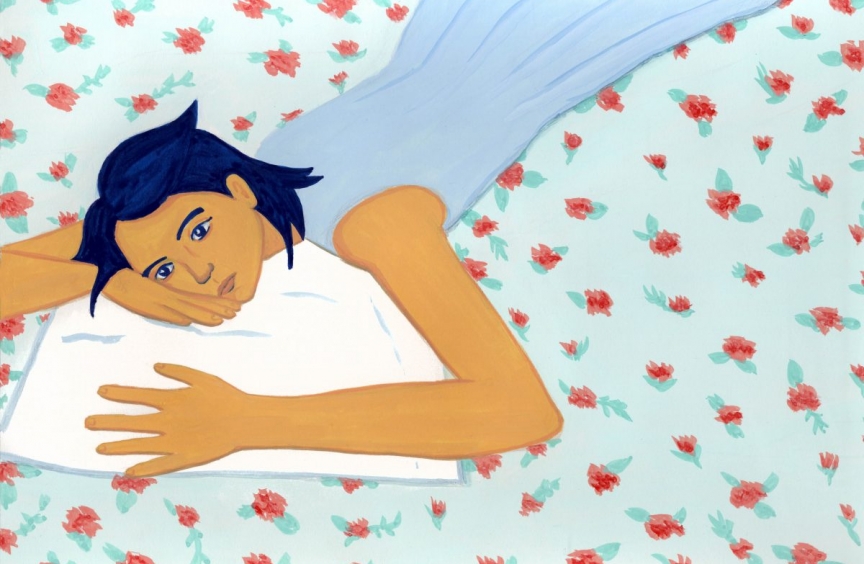Bruja
Bruja examines themes of tradition and identity through the lens of a girl, and daughter of immigrants, growing up in 1960s Costa Rica.

When Esther, a spirited young girl from a small Jewish neighborhood, gets labeled a witch, she goes against her guarded community and embraces being one. Esther enjoys the mystery and power that comes with being a witch. She also likes that the label will help ward o potential suitors her mother is so keen on her winning over. Besides hearing folk tales, Esther knows little about witches. She, however, realizes that they are women with a special connection to the natural world, feared by those that don’t understand them, yet in control of their own destiny. Esther resists following the familiar rituals of women before her or furthering their fears of the outside world. In trying to carve her own path, Esther loses sight of her traditional ties only to discover their significance.
Bruja examines themes of tradition and identity through the lens of a girl, and daughter of immigrants, growing up in 1960s Costa Rica. It highlights the idea that tradition and ritual don’t have to be an anchor that holds one back, but rather can be grounding and add meaning within di erent modes of living. By the same token, following blindly, and without question, will not lead to real progress of self or society. Though a work of fiction, Bruja is based on the real setting of downtown San Jose, inspired by myths about the surrounding landscape, and grounded in personal family history.


